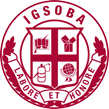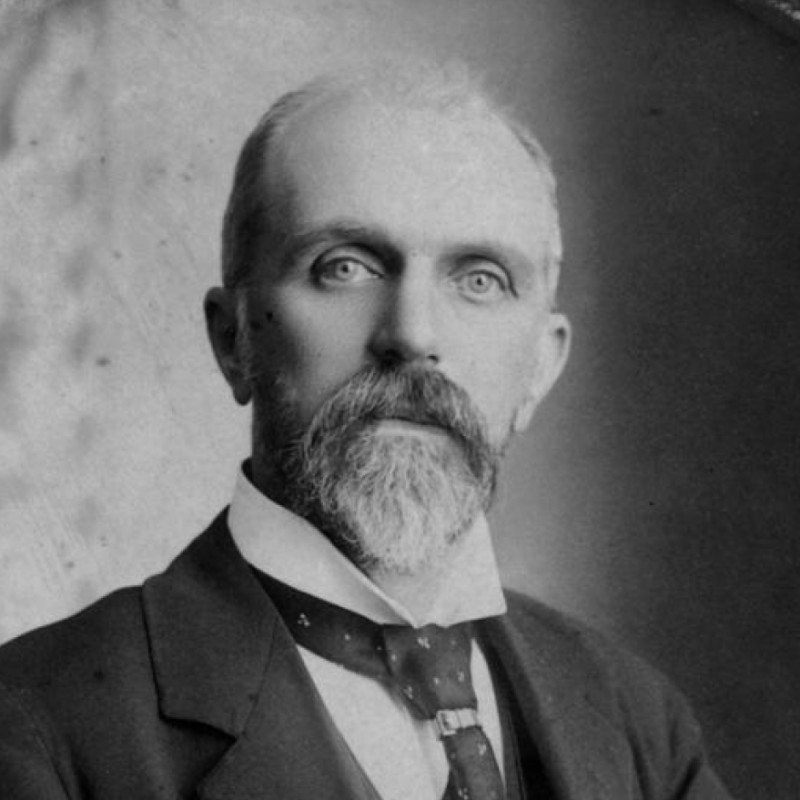
Thomas Bridson Cribb (Class of 1864)
One of 16 boys who began their studies at Ipswich Grammar School on its first school day, 7 October 1863. Cribb became senior partner in his father’s mercantile and banking business before entering politics as Member of the Legislative Council, and later Member for Ipswich in the Legislative Assembly. He became the first president of the Ipswich Grammar School Old Boys’ Association, which was formed in 1907.
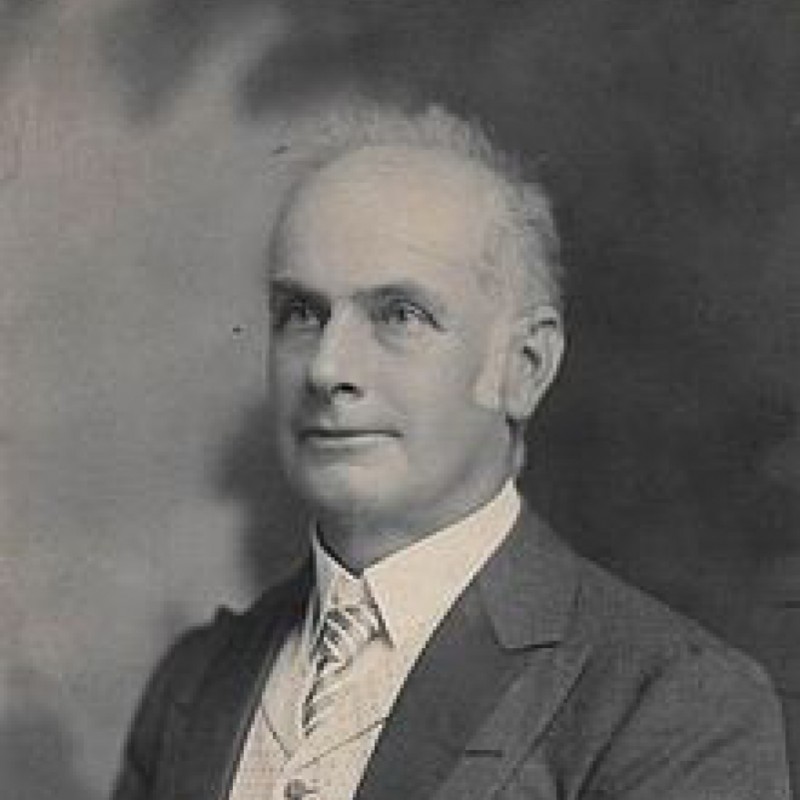
Alfred Backhouse (Class of 1868)
The son of Benjamin Backhouse, the architect who designed Ipswich Grammar School. Admitted to the Bar in Sydney, Backhouse became a Crown Prosecutor and then District Court judge. On occasions he acted as a Supreme Court judge. He served as Deputy Chancellor of Sydney University.
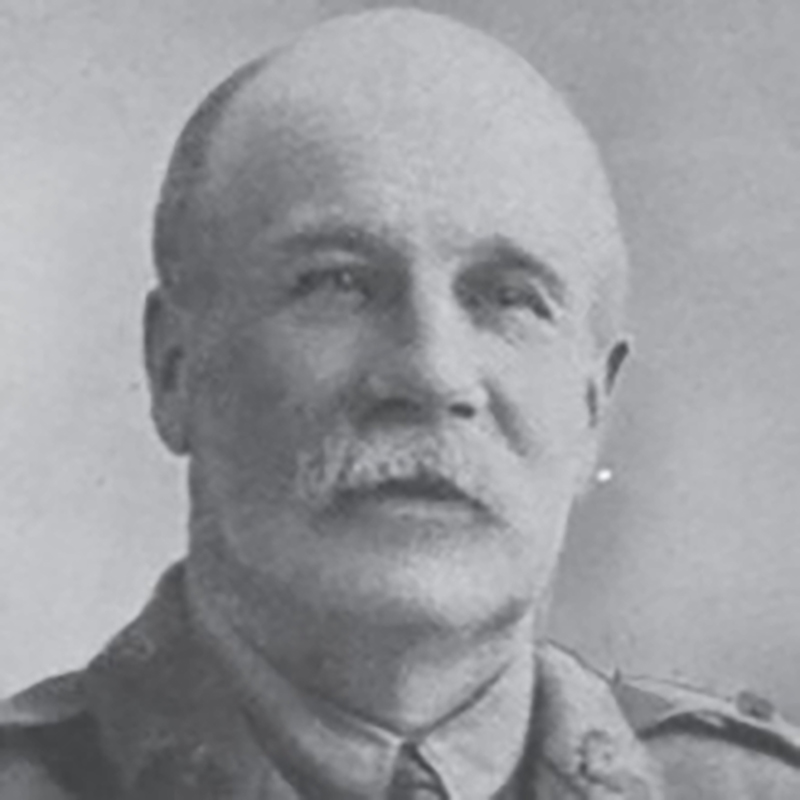
Major John Lockhart Gibson (Class of 1871)
Commenced ophthalmologist, studies at the University of Edinburgh where he won first-class honours and a gold medal. He was president of the Queensland Medical Society in 1892, of the British Medical Association and was on the association’s federal committee. At the Intercolonial Medical Congress in 1892, Gibson and Jefferis Turner reported ten cases of lead-poisoning in Brisbane children. The source of the poison was unknown until, in 1904, Gibson had the powdered paint from his own house analysed and lead carbonate was found. Gibson led the campaign to have lead paint replaced in the vulnerable parts of buildings; this was legally required by the Health Act of 1922. Gibson joined the Australian Imperial Force on 1 May 1915. As a major that year he oversaw the ophthalmic department of the 3rd Australian General Hospital on Lemno. In 1960 the Jefferis Turner-Lockhart Gibson memorial oration was instituted by the Australian Paediatric Association (Queensland) in recognition of their achievement.
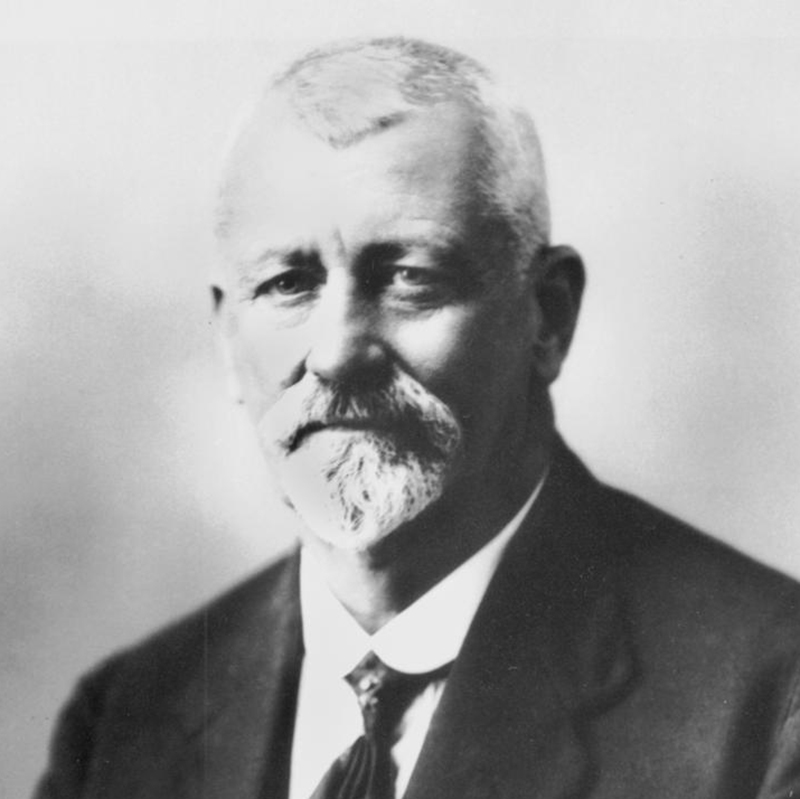
Thomas Welsby (Class of 1874)
Thomas Welsby was a sportsman, company director, historian, yachtsman and Member of Parliament. He was the Queensland organiser of Australian Rules Football until Rugby Union became more popular in the 1890s when he represented Queensland. Welsby helped to revive the code in 1928, was a life member of the Queensland Rugby Union (President 1929-39) and donated the Welsby Cup. His memoirs are important contributions to the history of boating in Moreton Bay and the Aboriginal people of the district.
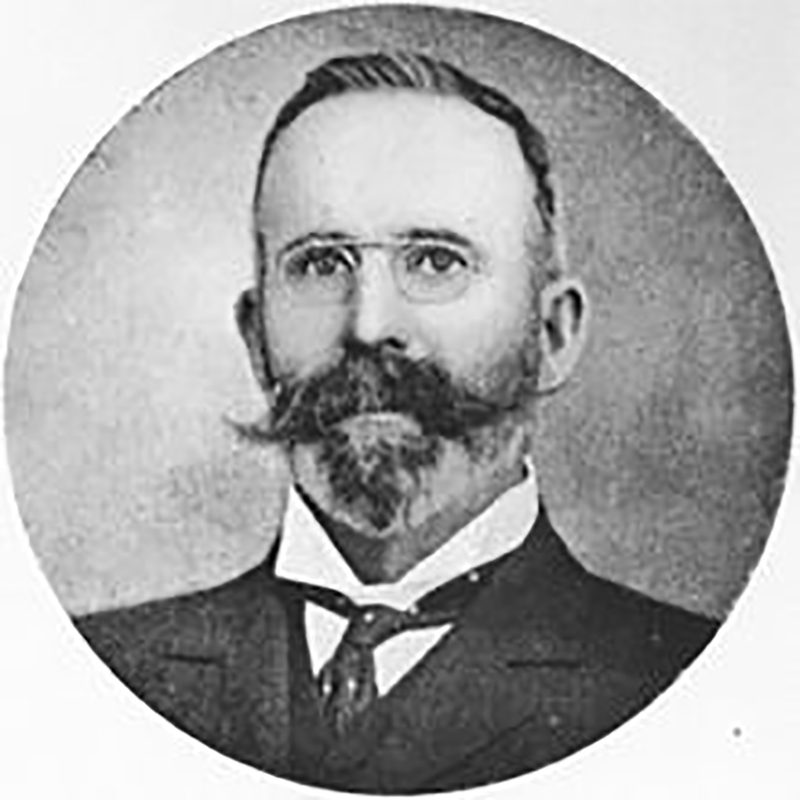
Charles Joseph Booker (Class of 1882)
Charles Joseph Booker was a member of the Queensland Legislative Assembly. After unsuccessfully standing for the two-member seat of Maryborough at the 1907 Queensland state elections, Booker won the seat two years later in 1909. Maryborough was reduced to a one-member constituency for the 1912 Queensland state elections and he then won the seat of Wide Bay.
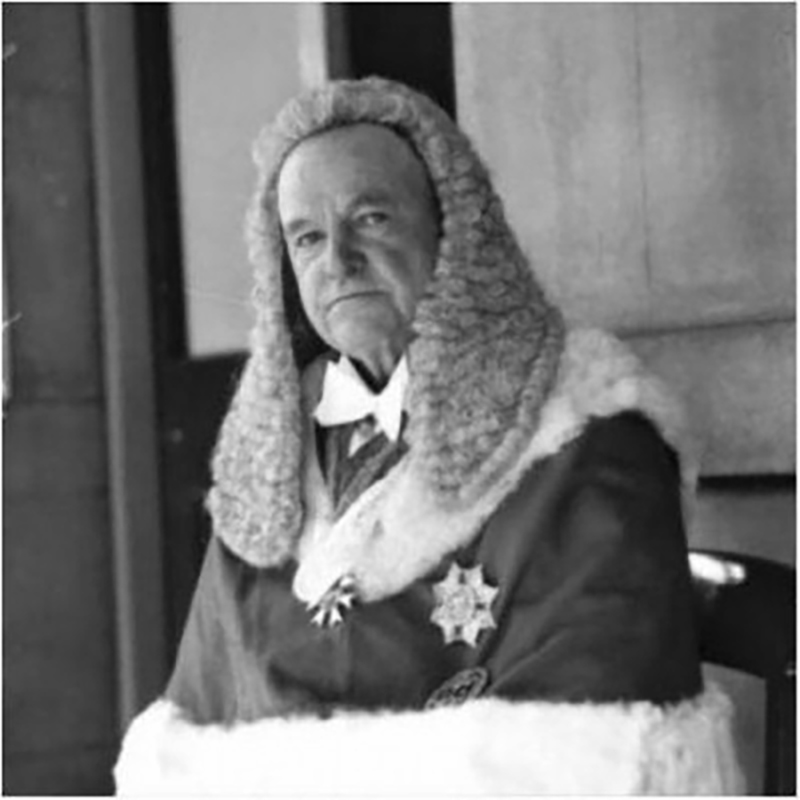
Sir James William Blair KCMG (Class of 1882)
A Barrister at Law who entered politics, becoming Attorney-General at the age of 33. After re-entering the legal profession Blair was appointed a judge in 1922 before being named Chief Justice. He became the Lieutenant-Governor in 1933 and was appointed KCMG in 1935. He served as Chancellor of the University of Queensland. Blair State School, adjacent to Ipswich Grammar, is named in his honour.
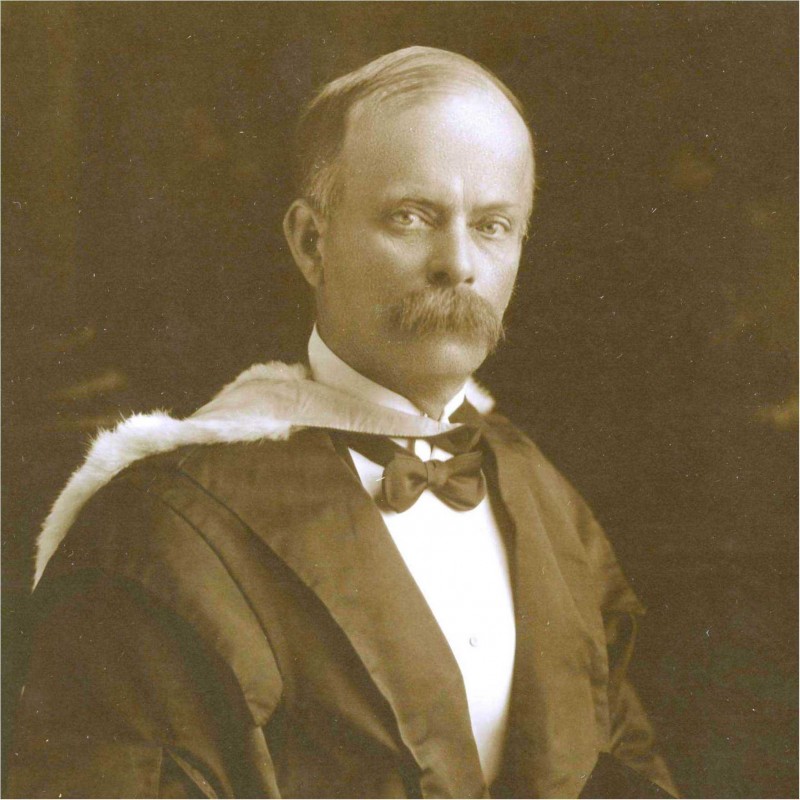
John Job Crew Bradfield CMG (Class of 1885)
A brilliant student who graduated from Sydney University with the University Gold Medal in Engineering and Architecture. He was the leading proponent for a bridge across Sydney Harbour and for Sydney suburban railway electrification. He was chief engineer during construction of the Sydney Harbour Bridge and consulting engineer for the design and construction of Brisbane’s Story Bridge. He is also remembered for the Bradfield Scheme – an ambitious plan to divert water from Queensland coastal rivers to irrigate land west of the Great Dividing Range.
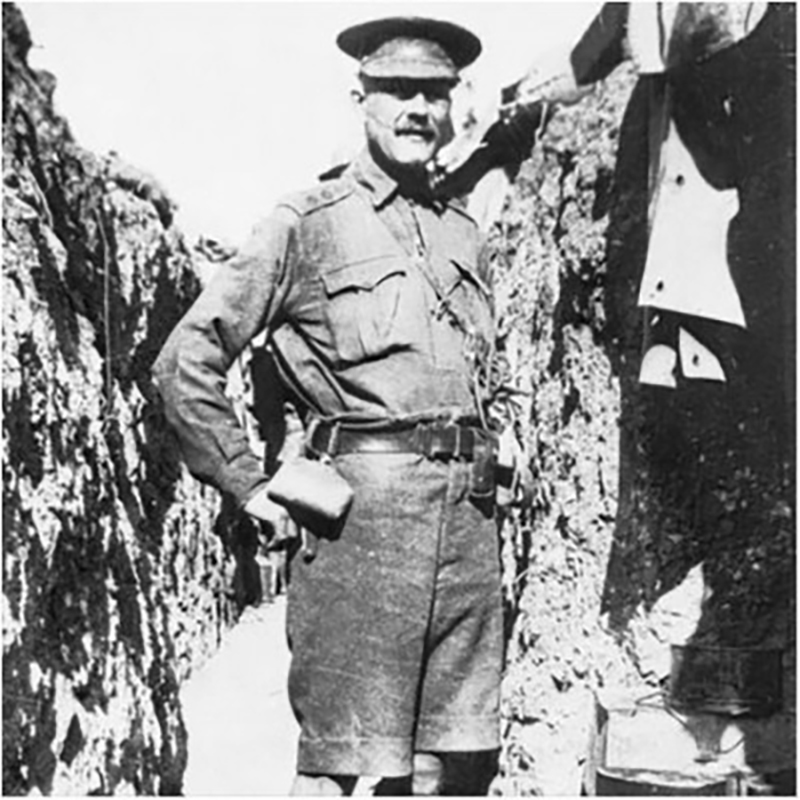
Colonel Arthur Graham Butler A.A.M.C., D.S.O., V.D., M.B., C.H.B. (Class of 1886)
Colonel Arthur Butler was a Physician who joined the AIF prior to World War I. Butler was the only medical officer to win the Distinguished Service Order at Gallipoli. He then served in France and after the cessation of hostilities wrote the official war history of the Australian Army Medical Services. Later Butler became medical officer of the Royal Military College and the Federal Capital Territory (known as Australian Capital Territory as of 1938).
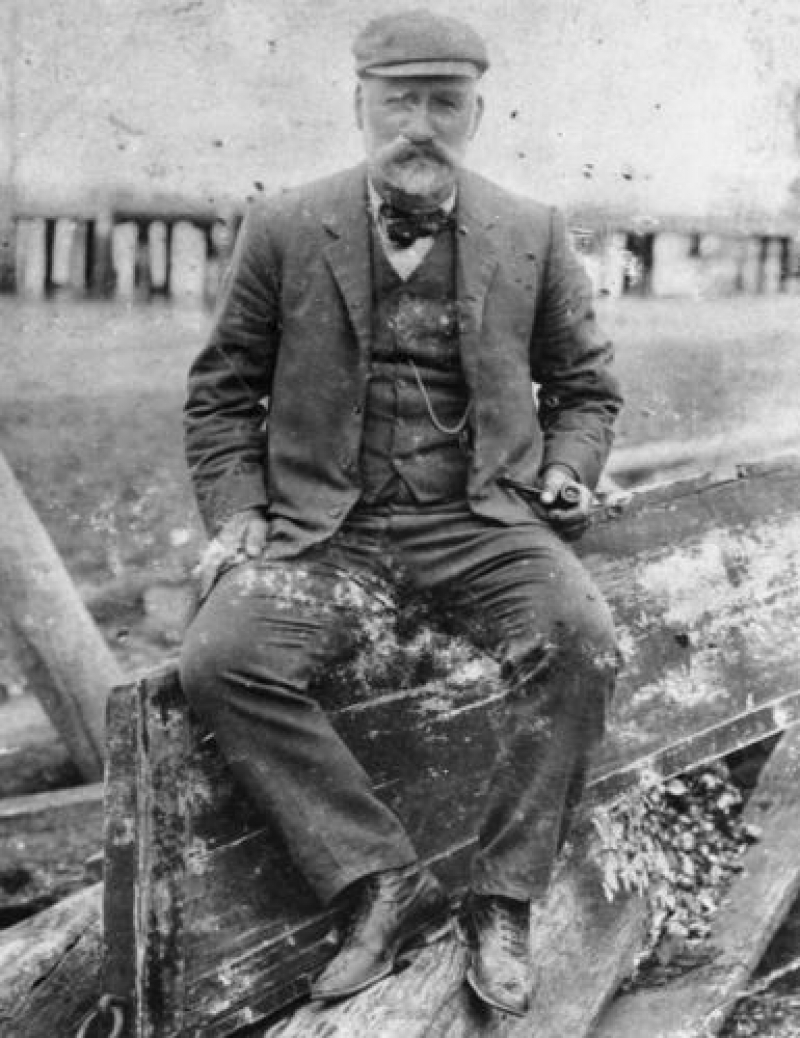
Herbert Henry Bullmore, M.B., C.H.B, Edin MRCPE FRACP (Class of 1886)
Herbert Henry Bullmore was a rugby union player who represented Scotland, a leading physician and the grandfather of Australian media magnate Kerry Packer. Bullmore was chosen to represent Queensland at rugby union and spent three years studying law, before deciding to undertake medical studies at the University of Edinburgh. By dint of his medical degree, Bullmore was available for selection to the Scotland rugby teams. Bullmore served as a resident at the Royal Infirmary and at the Children’s Hospital, Edinburgh, gaining his Membership of the Royal College of Physicians of Edinburgh in 1904. Appointed an honorary physician at St Vincent’s Hospital, Sydney, Bullmore would later also be appointed honorary physician at the Prince of Wales Hospital, was an honorary major in the Australian Army Medical Corps and one of the founders of the Royal Australasian College of Physicians.
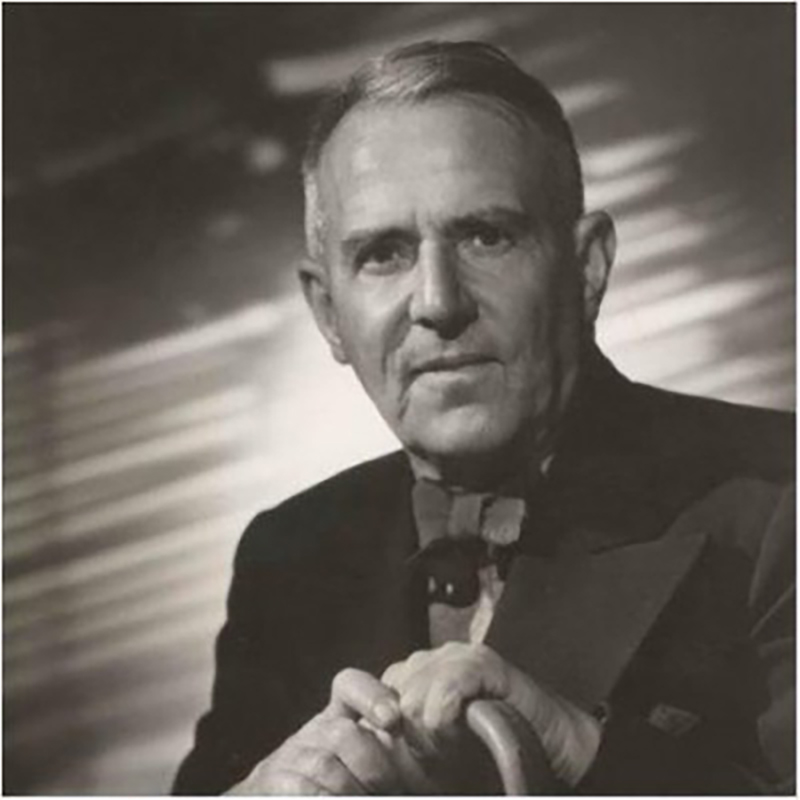
Edward Vivian Palmer (Class of 1899)
Known as Vance Palmer, Edward Vivian Palmer was the foremost man of letters of his day. Novelist, dramatist, short-story writer, poet, critic, biographer, editor, political and social commentator and interpreter, his active writing career covered a period of nearly 55 years. Palmer’s portrait hangs in the National Library in Canberra. The Vance Palmer Literary Prize is presented at Ipswich Grammar School each year in his honour.
